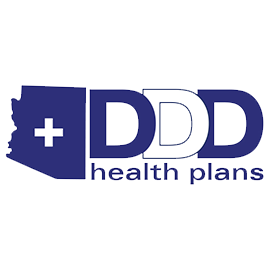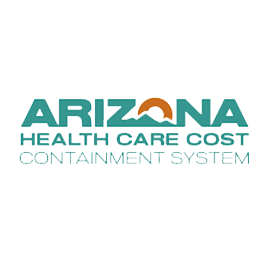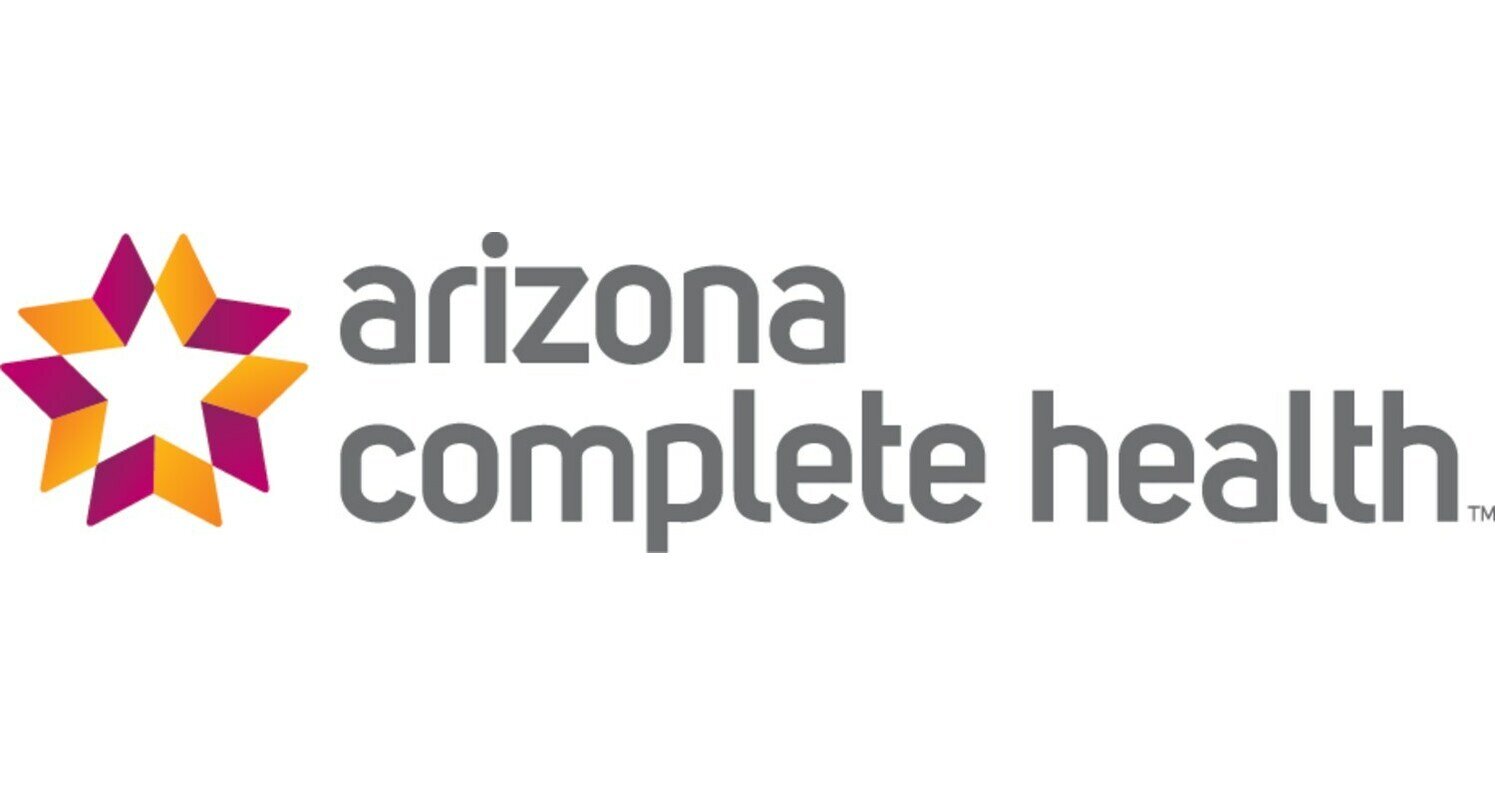Our trained clinicians focus on your strengths to help with life changes, behavioral concerns, and mental health or substance use challenges. We take a whole-person approach, supporting mental, physical, and emotional wellness in one convenient location. No matter your needs, we’re here to help you thrive!
The Mark Outpatient Counseling Center specializes in addiction and mental health recovery. Contact us today to discuss what program may be right for you or your family member. We want to help you to a better tomorrow and begin a process that promotes healing and recovery.


Based on the Matrix Model, participants learn essential skills for establishing abstinence from drugs and alcohol. Sessions teach strategies and practices to assist clients with behavior changes that support abstinence. To benefit fully from treatment, participants are encouraged to also participate in 12-step or other recovery-based groups.

Based on the Matrix Model, participants learn essential skills for establishing abstinence from drugs and alcohol. Sessions teach strategies and practices to assist clients with behavior changes that support abstinence. To benefit fully from treatment, participants are encouraged to also participate in 12-step or other recovery-based groups.

Based on the Matrix Model, participants learn essential skills for establishing abstinence from drugs and alcohol. Sessions teach strategies and practices to assist clients with behavior changes that support abstinence. To benefit fully from treatment, participants are encouraged to also participate in 12-step or other recovery-based groups.

Based on the Matrix Model, participants learn essential skills for establishing abstinence from drugs and alcohol. Sessions teach strategies and practices to assist clients with behavior changes that support abstinence. To benefit fully from treatment, participants are encouraged to also participate in 12-step or other recovery-based groups.






Verified Google Reviews from those we serve.
Evidence-based counseling offered to children, families, and adults. All services are designed to meet the needs of the individual and family, ensuring that members receive quality care. Trained clinicians focus on strengths to support members and families through life transitions, behavioral concerns, and/or behavioral health and substance abuse challenges Play-based therapy is utilized for young children.
Aviva Children's Services offers behavioral health services to children currently in foster care.
Parent-Child Relationship Therapy: An attachment-focused therapy that strengthens the bond between a caregiver and child. Caregivers include biological parent, foster parent, adoptive parent, or kinship placement.
Child-Parent Psychotherapy: A parent-child therapy model proven to be effective with children under the age of five, who have been exposed to trauma, and their caregivers.
Nature Based Therapy: Nature-based Therapy provides multi-sensory opportunities to interact with the natural world, to explore relationships, and build insight while motivating positive behavior change. For children 6-17 and adults.
ABA Therapy: Therapy designed to reduce maladaptive behavior while teaching appropriate, alternative behavior(s). Focused ABA Treatment is ideal for children that require support with essential functional skills or acute problem behaviors.
Individual Counseling: Goal-focused treatment to help adults safely address any behavioral health concerns. Individualized therapy plans may include addressing past trauma, sobriety and recovery goals, and developing coping skills to manage the stressors of life.
Early Recovery Skills (ERS): Based on the Matrix Model, participants learn essential skills for establishing abstinence from drugs and alcohol. Sessions teach strategies and practices to assist clients with behavior changes that support abstinence. To benefit fully from treatment, participants are encouraged to also participate in 12-step or other recovery-based groups.
Relapse Prevention Group (RP): Based on the Matrix Model, these sessions are forums in which people with substance use disorders share information about relapse prevention and receive assistance in coping with the issues of recovery and relapse avoidance. The group is based on the premises that relapse is not a random event, and the process of relapse follows predictable patterns. Signs of impending relapse can be identified by staff members and clients. The setting allows for mutual client assistance within the guiding constraints provided by the counselor. Clients heading toward relapse can be redirected, and those one a sound course to recovery can be encouraged.
Psychiatric evaluation, diagnosis, medication prescription, and ongoing monitoring for relevant diagnoses. Services provided by licensed psychiatrists and nurses.
Community-based semi-independent living support for adults in need of additional support to live independently. Staff members focus on activities that promote the member's ability to live independently through medication management, employment support, and daily living skills.
Incredible Years Dinosaur School: A weekly two-hour group for children ages four to eight. Dinosaur School focuses on classroom success, understanding feeling, problem solving, anger management, and friendship skills.
LGBTQ+ Youth and Allies Healthy Relationships Group: An ongoing group for youth of all genders and gender expressions offered to participants from age 8 to 17. Participants learn about issues pertinent to being a part of, or in ally-ship, with the LGBTQ+ community, as well as skills applicable to building healthy connections with themselves, their peers and the world.
The leading national evidence-based early childhood development training program for parents of children ages birth to 12.
Parents & Babies (birth to nine months) and Parents of Toddlers (ages one to three): Parents learn how to establish clear and predictable routines, and practice self-care. Parents will practice understanding cues and responding appropriately to their child's needs while encouraging appropriate development. Parents of toddlers begin to practice using positive discipline to manage misbehavior. Babies attend class with parents.
Basic Preschool (ages three to six) & Basic School Age (ages six to 12): A parenting group where parents strengthen the parent-child interactions and attachment, reduce harsh discipline, and foster the ability to promote the child's social, emotional, and language development. Parents also learn to build the child's school readiness skills and academic development.
Attentive Parenting (ages two to six): A six to eight sessions group designed as an intervention program to teach caregivers how to promote children's emotional regulation, social competence, problem solving, reading, and school readiness.
Early Intervention: Home based services for children birth through five years of age, with developmental disabilities or delays and their families. Supports include developmental monitoring, behavior support, and parenting guidance. Early intervention focuses on providing caregivers with the guidance and tools that they need to support the child to grow, learn, and make progress toward meeting developmental milestones.
Family Support: Family support offers caregiver education, training, and coaching, parenting guidance, and behavior support services for children and their families or caregivers in-home. Family Support focuses on providing caregivers with developmental guidance, fostering nurturing environments and positive parenting strategies, as well as support in navigating behavioral health and other services for the child.
Behavioral Intervention: A variety of home, school or childcare, and community-based behavior assessment services and supports based on the principles of applied behavior analysis. Services are tailored to the individual needs of the child and family through a strength-based treatment approach to help children reach their highest potential. Offered supports include behavior consultation, functional behavior assessment (FBA), ABA Therapy, and caregiver training and coaching.
Notice To Patients / Aviso Para Pacientes:
This practice serves all patients regardless of ability to pay. Discounts for essential services are offered based on family size and income. Thank you.
Esta práctica sirve a todos los pacientes, independientemente de la capacidad de pago. Descuentos para los servicios esenciales son ofrecidos dependiendo de tamaño de la familia y de los ingresos. Gracias.
Easterseals Blake Foundation programs are in accordance with Federal Titles VI and VII requirements of the Civil Rights Act of 1964 (See Notices of Compliance: Easterseals Blake Foundation | Who We Are), the Americans with Disabilities Act of 1990 (ADA), Section 504 of the Rehabilitation Act of 1973, and the Age Discrimination Act of 1975.
This organization is an equal opportunity provider and employer.
©2026 BlakeArizona, Easterseals Blake Foundation. All rights reserved. Privacy Policy